After meeting Gyula Winkler, Lorant Vincze and Dora Szilagyi, who head RMDSZ’s list for the EP elections, Janos Boka, Hungary's minister for EU affairs, said the past five years had been fundamentally a period of failures for the EU, which has faced a series of historic challenges and failed to respond adequately. The bloc has stumbled on tackling crises such as loss of competitiveness, the ongoing migration crisis, the weaknesses of its defense capabilities and agricultural policy, he said. While holding the EU Presidency, Hungary will seek to find common solutions to these common challenges, he added.
Change is needed in the European Union, but it will not happen by itself. We must contribute to this change by voting in the European Parliament elections for the political forces that represent the voice of common sense in the European Union,
the minister said. It is also of utmost importance for Hungarians to continue to have a strong representation in the European Parliament, he added, and therefore he encouraged Hungarians in Transylvania to ensure that in the June 9 elections the RMDSZ gets the strongest possible representation in the European Parliament, as well as in the local governments. He highlighted that the cooperation between Hungarian MEPs in the European Parliament has been successful so far, and in the next institutional term there will be - in addition to European policies - crucial issues pertaining to Hungary's national policy and national strategy, where this cooperation will be of paramount importance.
Such issues include the representation of indigenous national minorities and linguistic communities in the European Union. What we see is that despite very strong, serious initiatives in the last institutional cycle, including the Minority SafePack under the European Citizens' Initiative, no breakthrough was achieved in this period. I hope that in the next institutional cycle, the voice of common sense will prevail in the European Union, and that this value, being a European value, will also be reflected in the functioning of the European institutions,
Janos Boka pointed out.
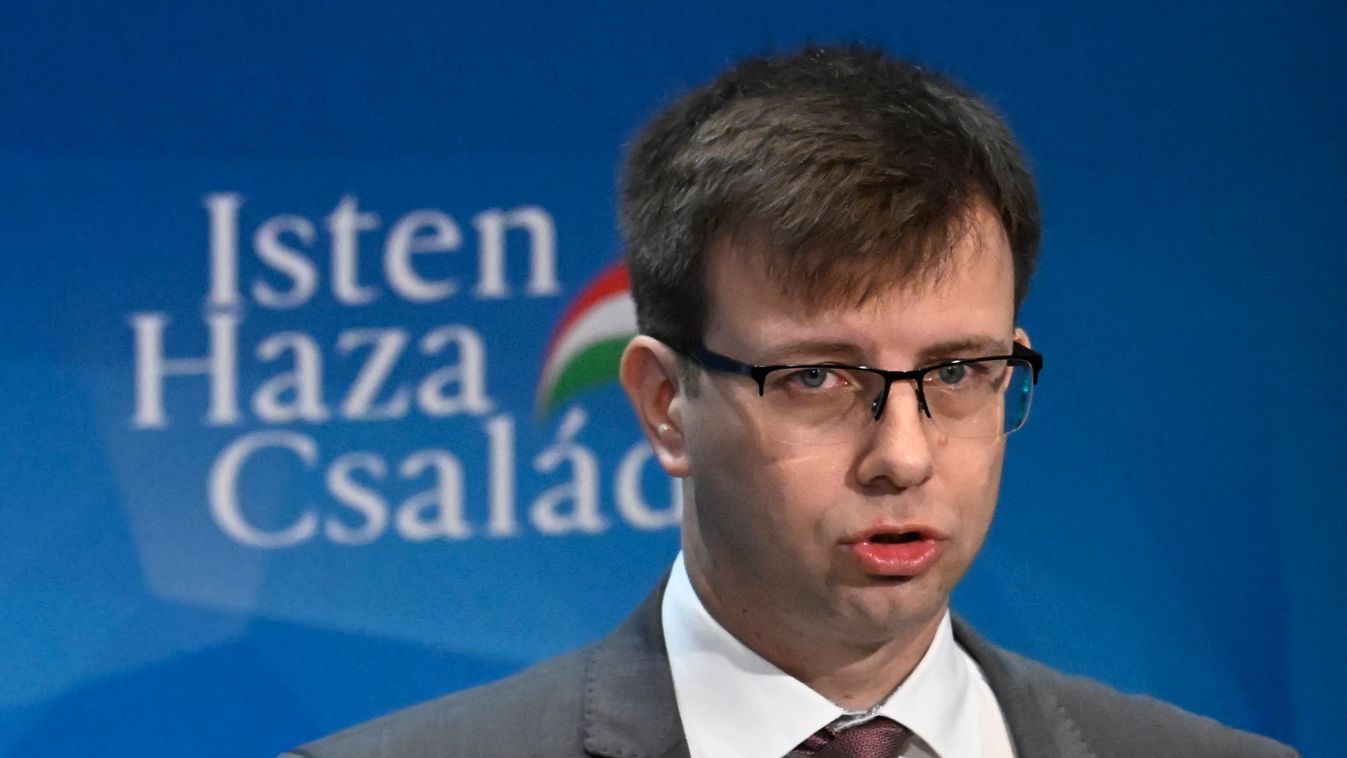
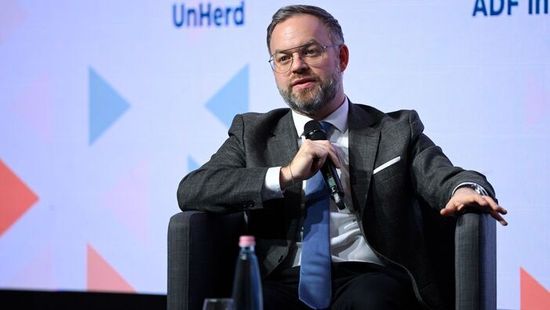

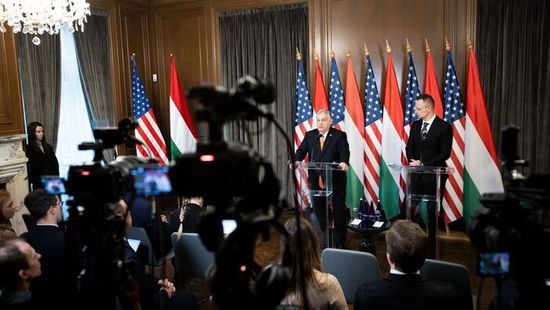
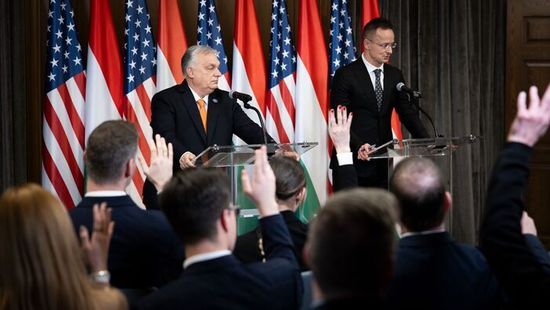

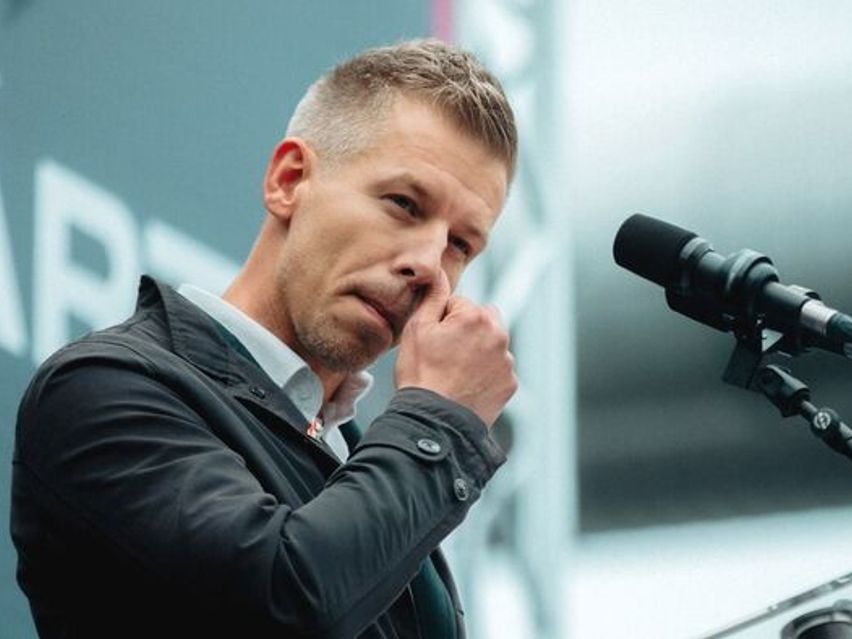
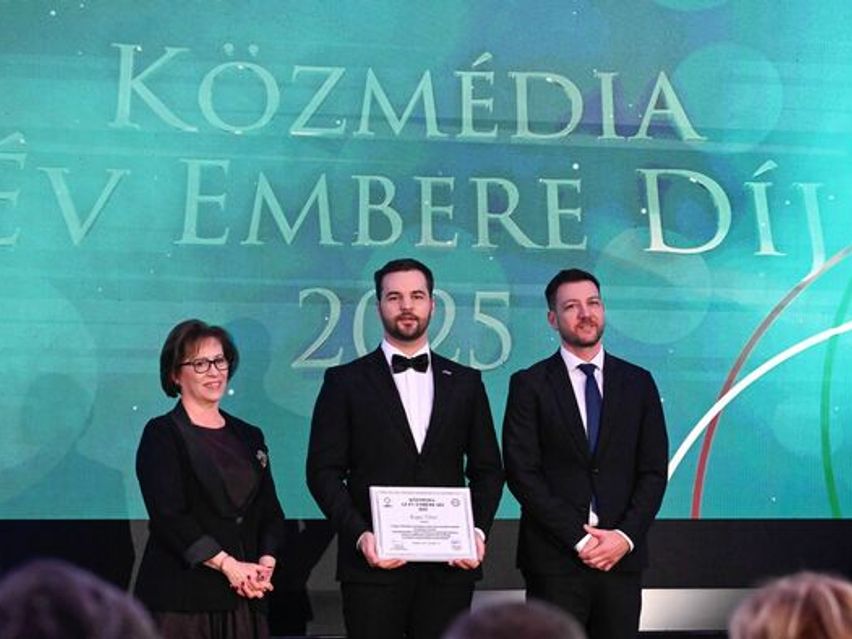
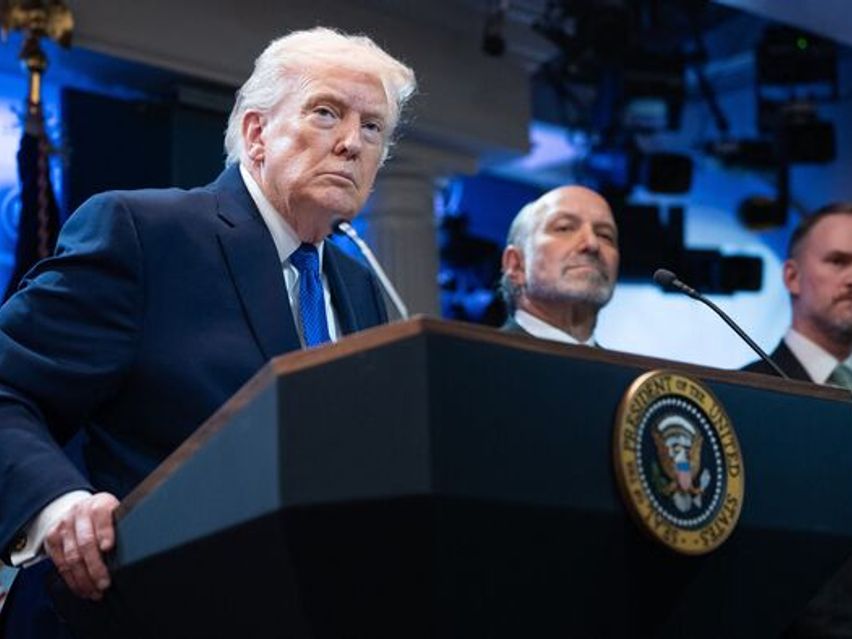
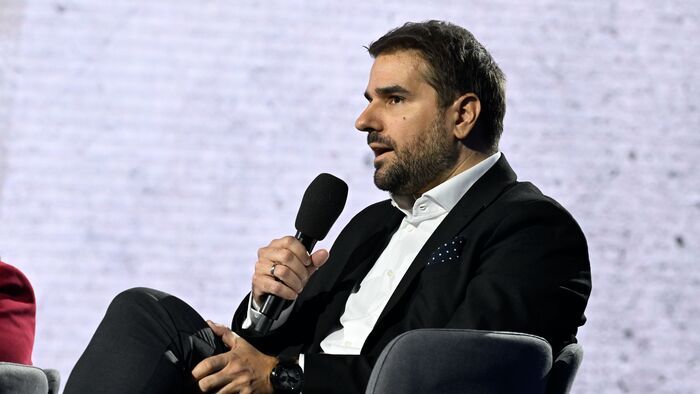

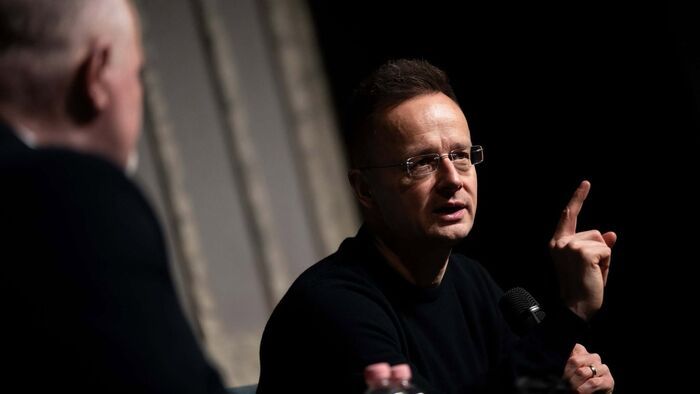
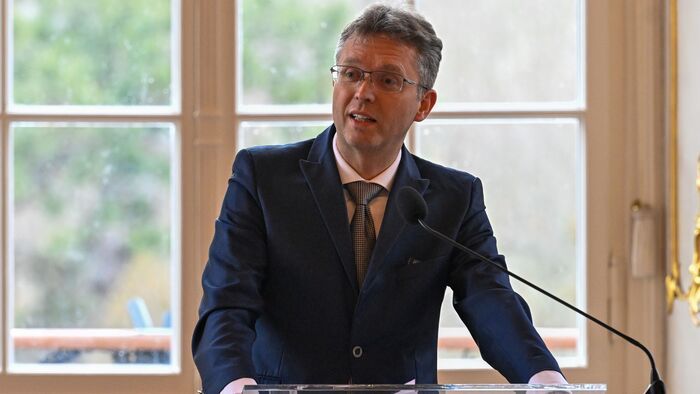

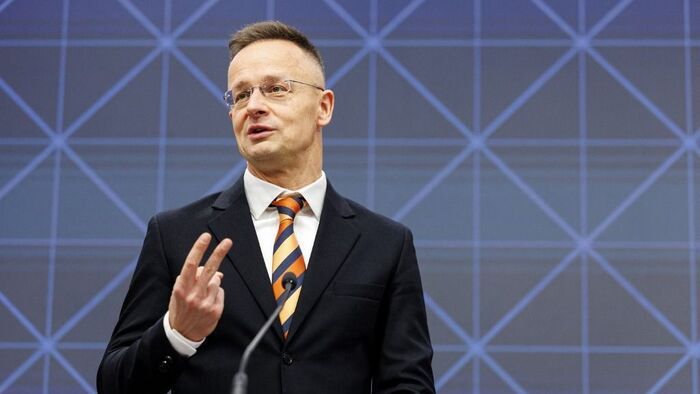

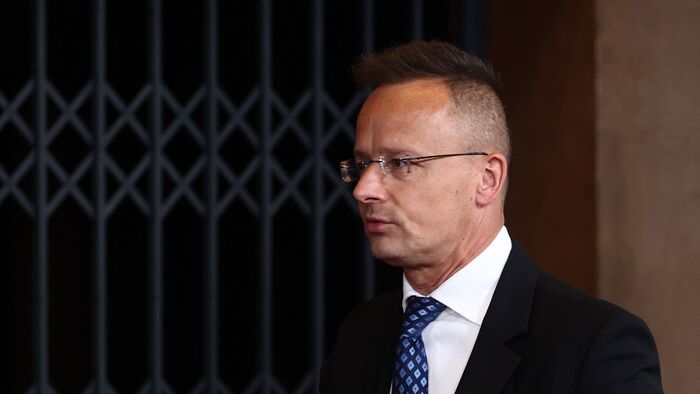
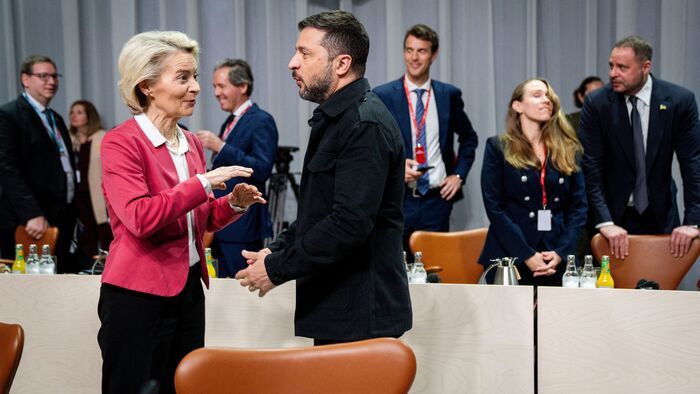

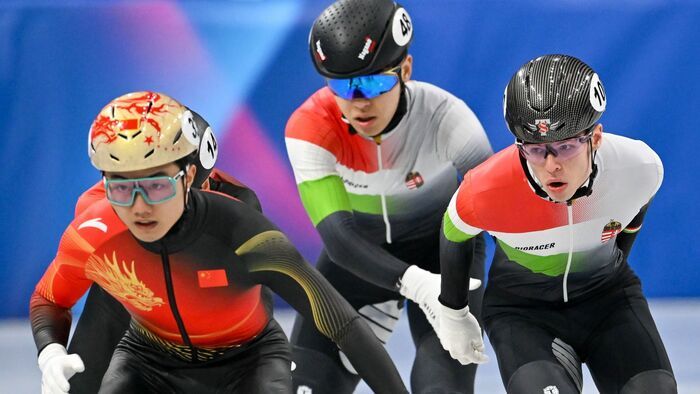
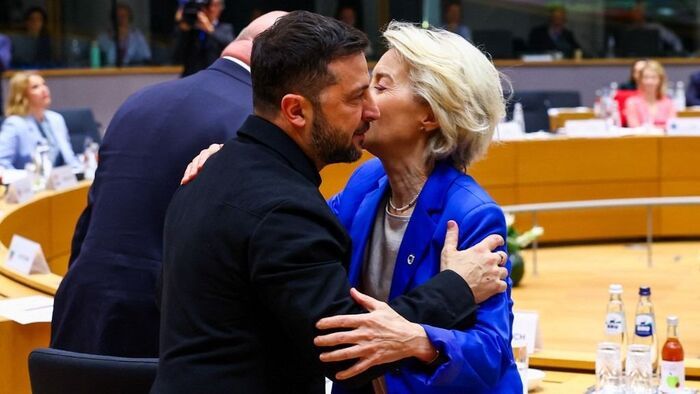


Szóljon hozzá!
Jelenleg csak a hozzászólások egy kis részét látja. Hozzászóláshoz és a további kommentek megtekintéséhez lépjen be, vagy regisztráljon!